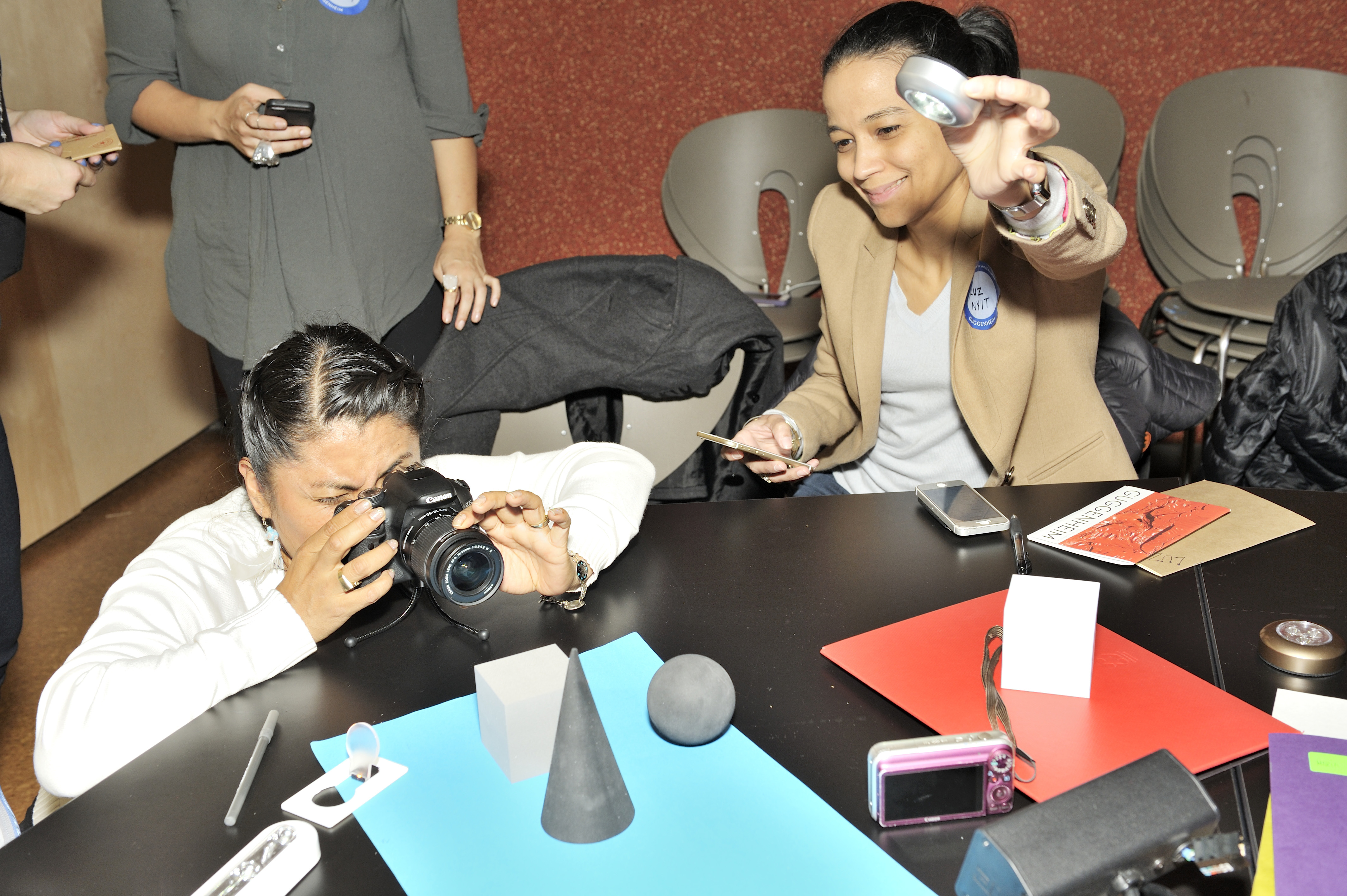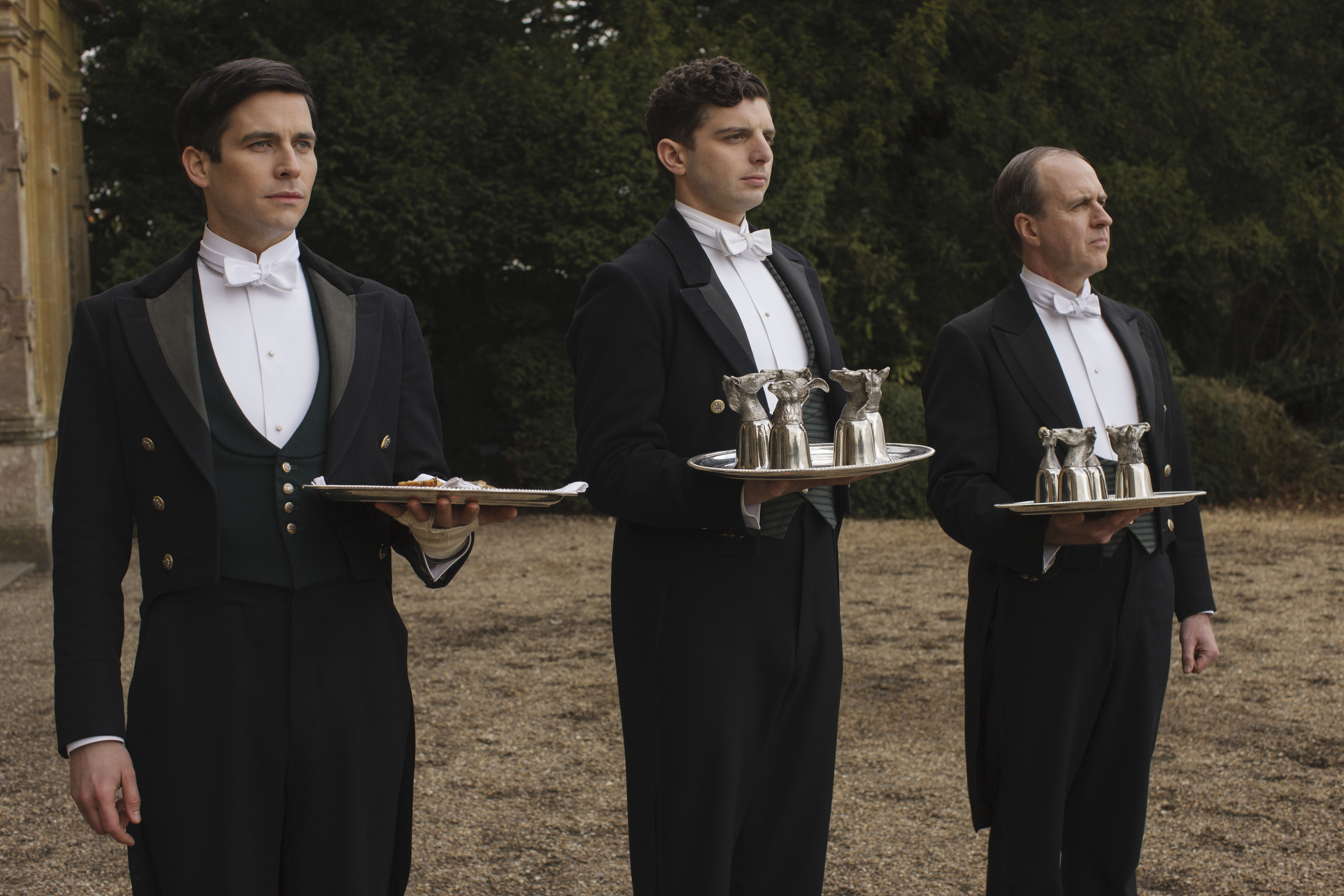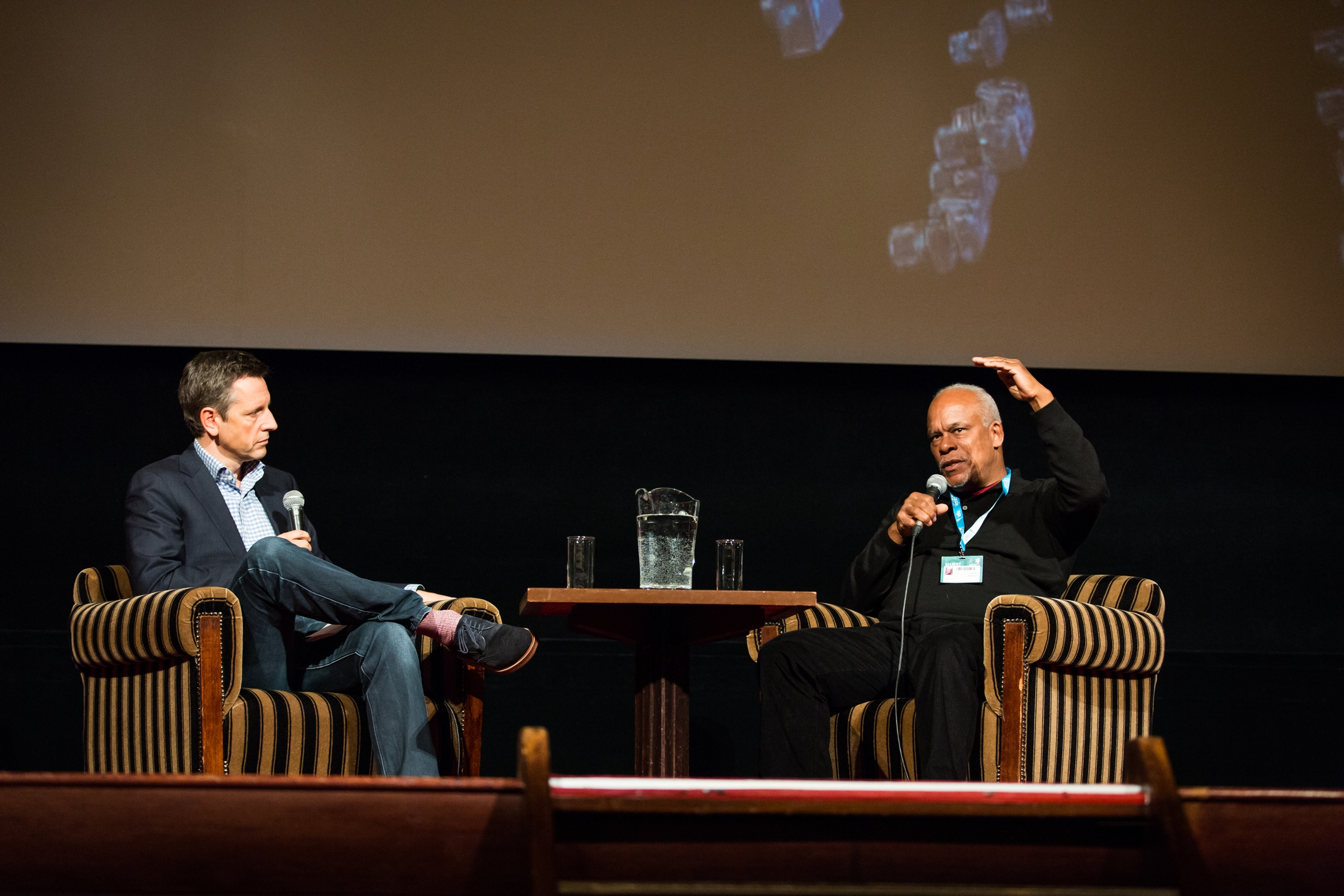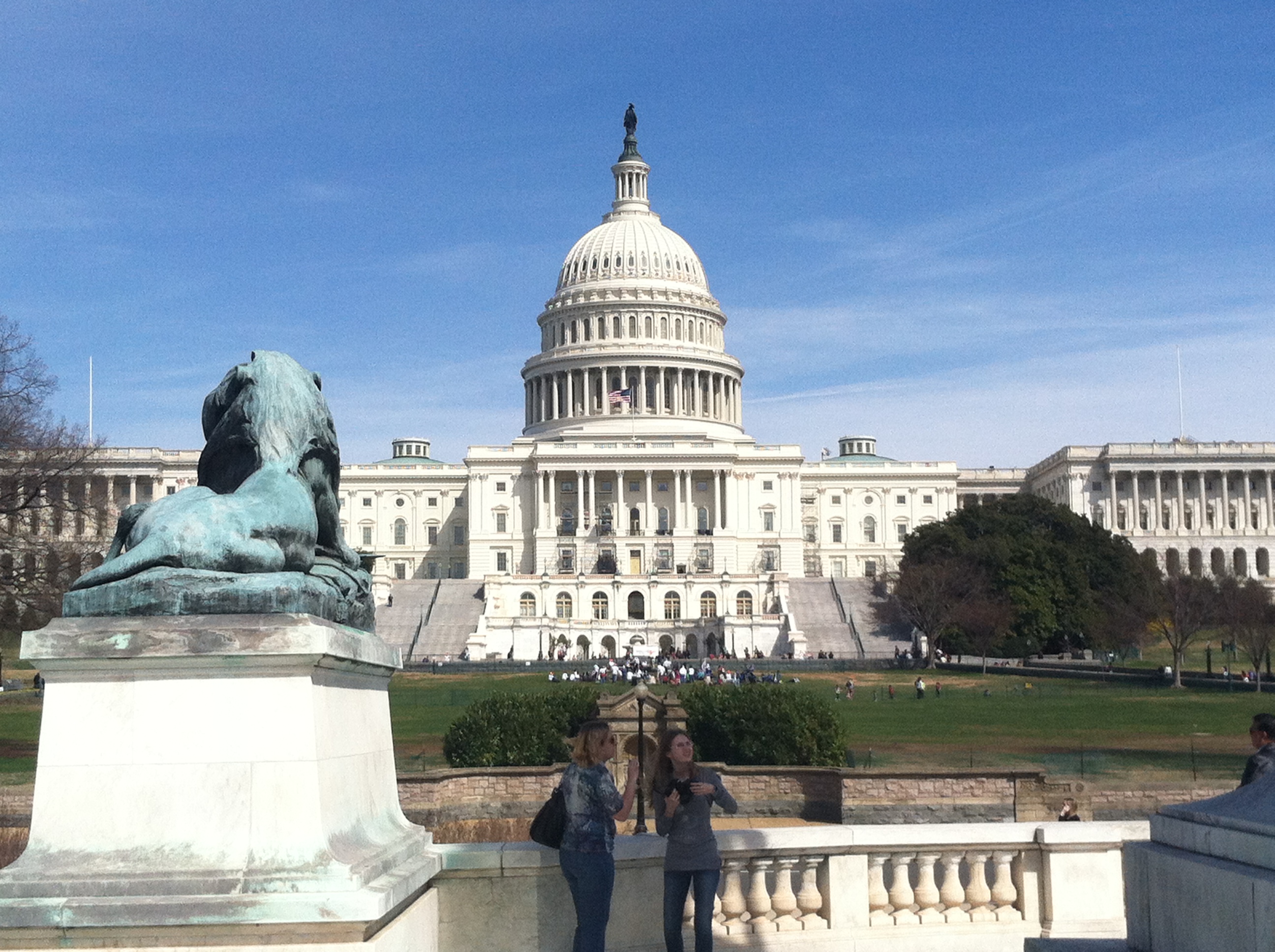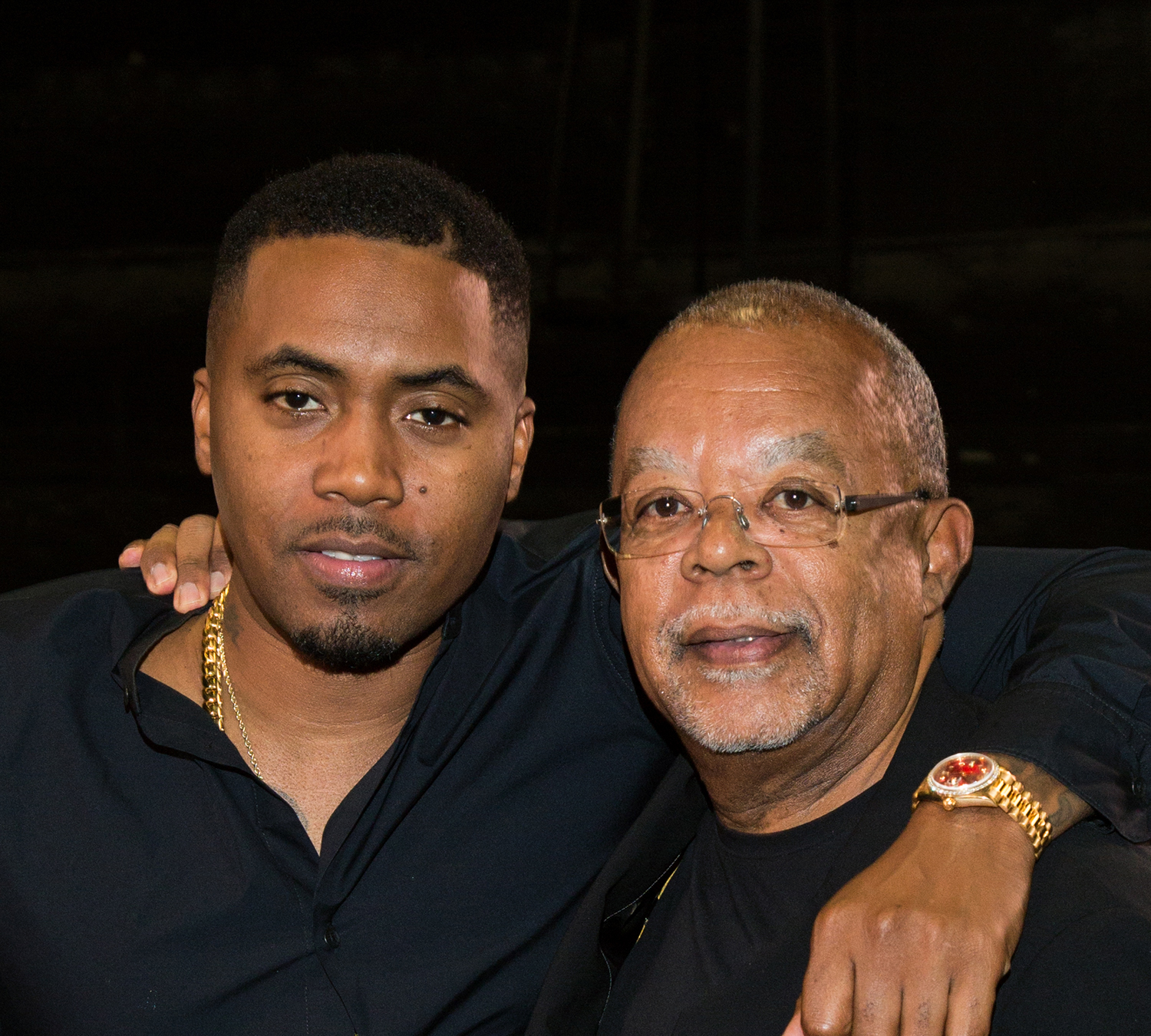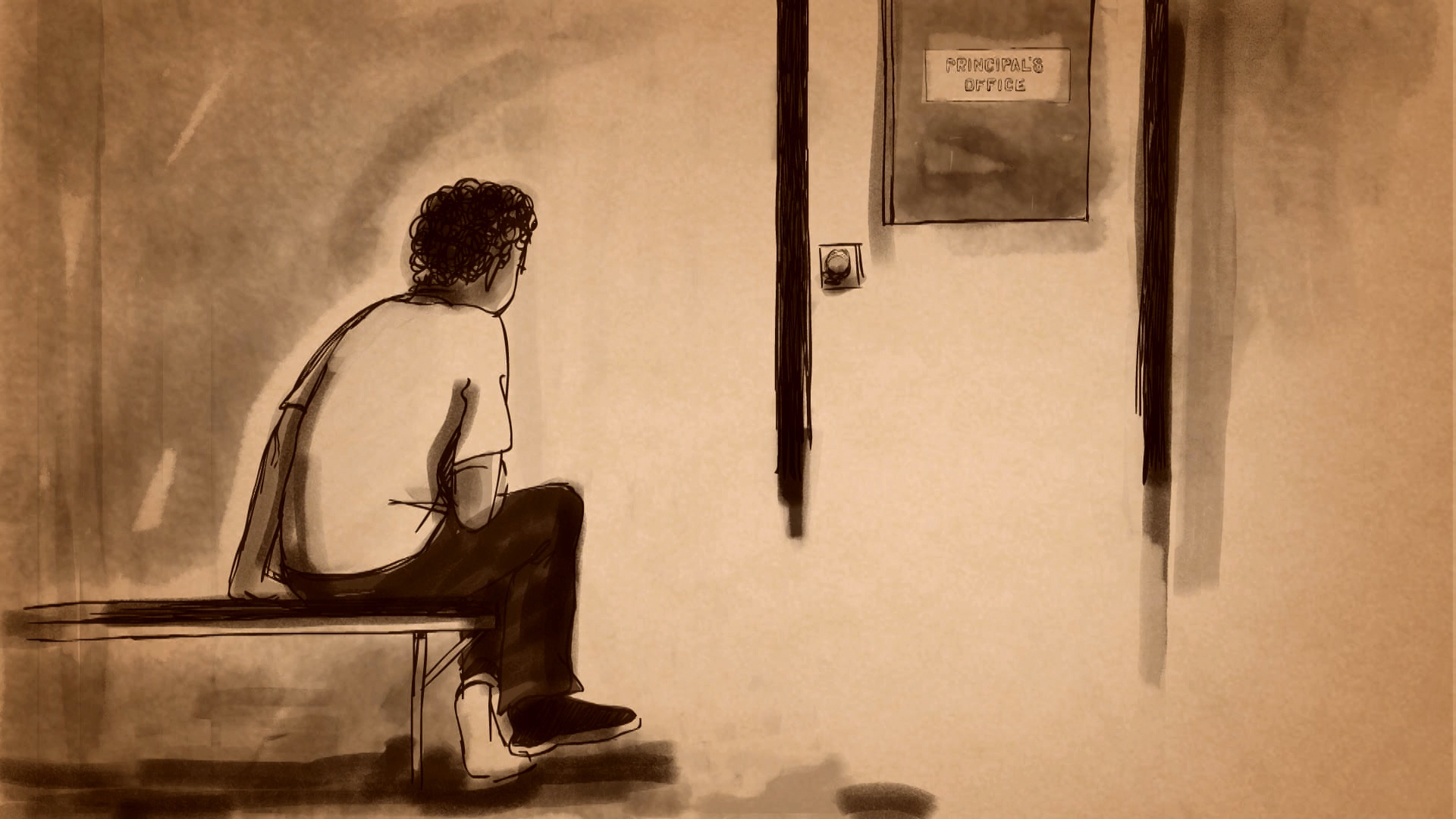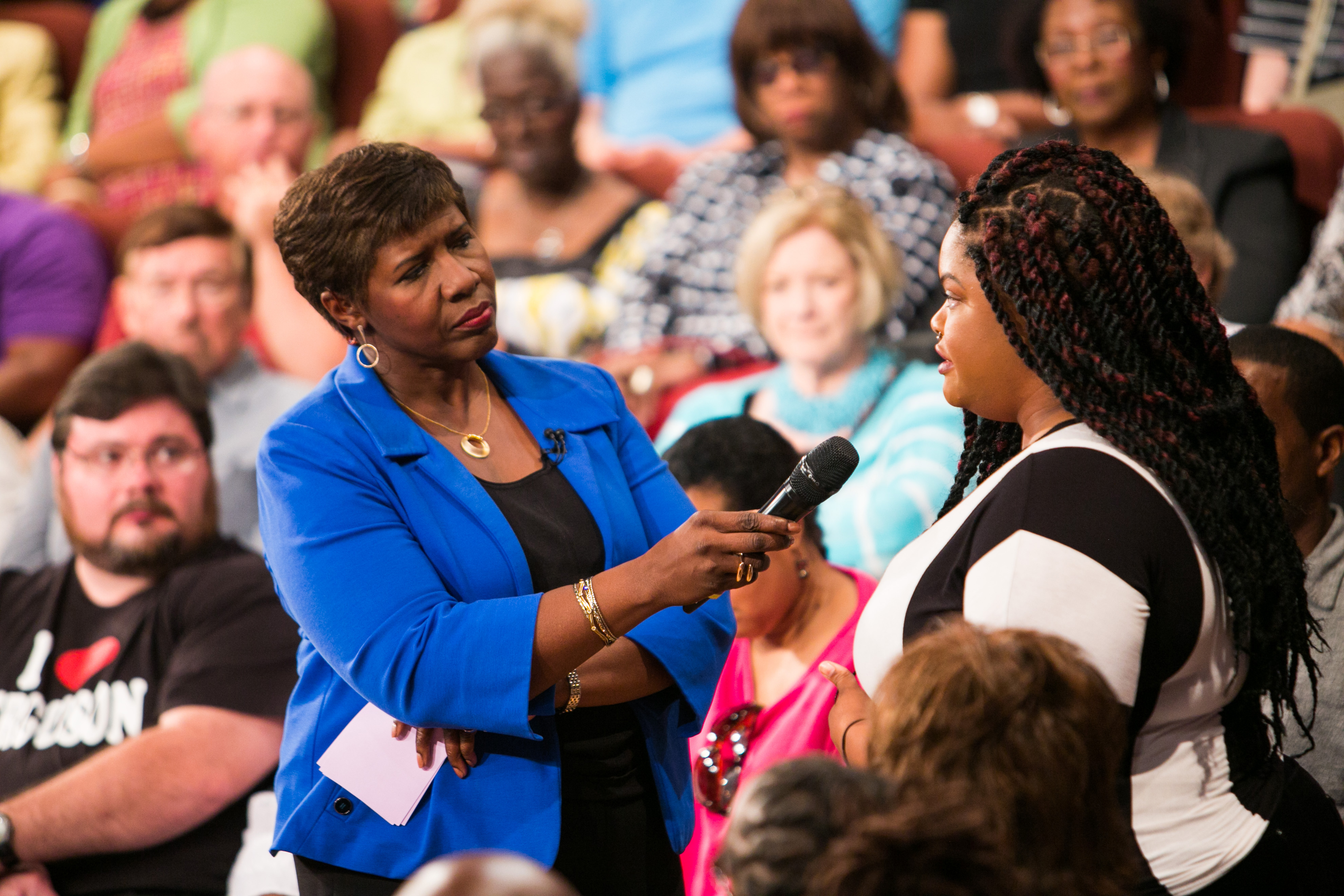Tag: PBS
On-demand programs prove alluring to PBS station members
Since PBS’s Passport service launched last month, more than 30,000 members have signed up to watch Downton Abbey and other marquee offerings.Familiar PBS characters appear in new coding app for kids
With Ready To Learn funding, PBS is tackling computer science as a 21st-century skill for young children.‘American Masters’ pursues Latino audiences with events, social media efforts
The push centered on a documentary about influential photographer Pedro E. Guerrero.PBS Passport serves up on-demand content for public TV’s members
PBS execs hope the new service will entice younger viewers to watch more public TV programs and become members.U.S. public media steps up at International Documentary Film Festival Amsterdam
The festival has become increasingly important for U.S.–based public media.House approves education bill that would reauthorize Ready To Learn
The Senate is expected to vote on the legislation Monday.PBS Kids underwriting changes provide more space for sponsor messages
The updated policy will create new opportunities for delivering promotional messages online.New Henry Louis Gates Jr. documentary focuses on history of African-Americans since MLK
The documentary will air in April 2016.Series of TED Talks in New York will air on PBS next year
Animation and other films will also be part of the event and broadcast.Historical details set bar for ‘Mercy Street,’ a rare American drama on PBS
Of the scripted series on TV this season, it’s unlikely that any come close to the demanding standards of historical authenticity found ...‘Sherlock’ special to hit movie theaters soon after airing on PBS, BBC
The Abominable Bride will air on the same day in the U.S. and U.K., a first for Masterpiece.Lubinsky’s pledge shows may mine nostalgia, but the ‘content connects’
As the creator, producer and host of specials that are virtually synonymous with public TV pledge drives, Lubinsky is among public TV’s ...Rolling back transactional pledge requires focus on off-air strategies
The specialized genre of pledge-drive programming has become a mixed blessing for public television.‘America After Charleston’ shapes model for next-generation town hall
The televised town hall about race that aired Sept. 21 boasted a social media and digital campaign that was one of PBS’s ...CPB, TPT receive Ready To Learn grants as budget fight looms
The Department of Education awarded $25.5 million in grants in the latest round of RTL funding.




